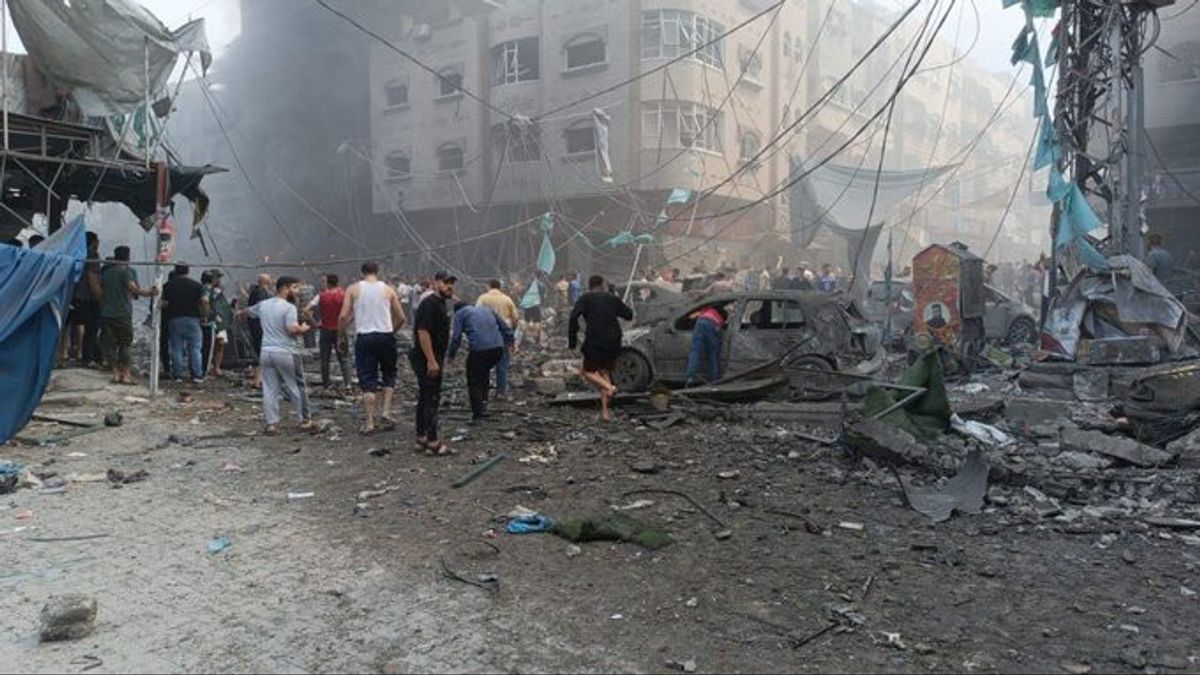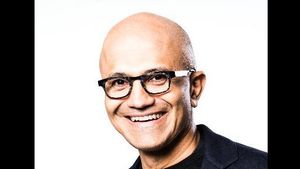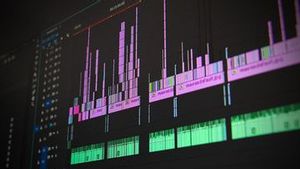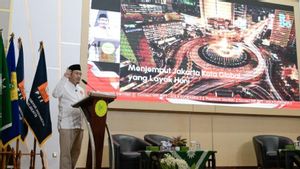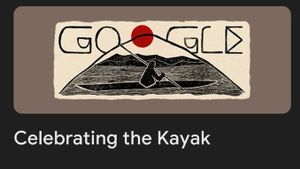The technology companies operating in Israel are expected to strengthen their security as they could face disruption as a result of attacks carried out by Hamas members from Gaza that killed hundreds of Israelis and kidnapped a number of people.
The high-tech industry has been the fastest growing sector in Israel for decades and is critical to the country's economic growth. The sector accounts for 14% of jobs and nearly a fifth of gross domestic product.
Israeli stocks and bonds fell, and many businesses closed on Sunday 8 October after Hamas members damaged Israeli cities on Saturday 7 October and militants also fired thousands of rockets at Israel in a shocking attack.
Several rockets even reached Tel Aviv, which resulted in airlines stopping flights to and from Israel. Israel retaliated against the attack with airstrikes on Hamas targets in Gaza, and hundreds were killed.
"This is a huge disruption to business as usual," said Jack Ablin, chief investment officer and founding partner at Cresset Wealth Advisors. He said that in the short term, resources could be diverted if the conflict grew, such as technology company staff who were called military soldiers.
Total Krosby, chief global strategist at the LPL Financial in Charlotte, North Carolina, said there would likely be "big efforts" to protect physical installations for Israeli-based companies from attacks due to some military-related technology spending.
A spokesman for chip company Intel Corp, Israel's largest private company and exporter, said on Sunday that the company was "supervising the situation in Israel carefully and taking steps to protect and support its workers." The spokesman declined to say whether chip production had been disrupted by the situation.
Nvidia, the world's largest chipmaker used for artificial intelligence and computer graphs, said it had canceled an artificial intelligence meeting scheduled for Tel Aviv next week, where Nvidia CEO Jensen Huang is scheduled to speak.
Israel-based company Tower Semiconductor, which provides both analog and mixed semiconductors to customers, especially for the automotive industry and consumers, says they are still operating as usual.
Other giant tech companies, Meta Platforms, Alphabet, and Apple did not respond to requests for comment. Microsoft declined to comment.
Israel's technology sector has faced a slowdown in 2023, which has been exacerbated by internal political conflicts and protests. A number of Israeli tech startups have begun to correport their companies in the United States.
Israel's growing Military and AI technology sector spending had existed since 1974 when Intel established its existence, but the startup ecosystem thrived in the 1990s, reaching its reputation as the world's second-largest technology center outside Silicon Valley, with thousands of companies and a significant ecosystem.
There are currently 500 multinational companies operating in Israel, especially research and development centers after buying Israeli startups, from Intel to IBM, Apple, Microsoft, Google, and Facebook.
In June, Israeli Prime Minister Benjamin Netanyahu said Intel plans to spend 25 billion US dollars (Rp391.2 trillion) on a new factory in the southern city of Kiryat Gat, about 42 km from Gaza.
SEE ALSO:
It is estimated that the plant will open in 2027, and he calls it the largest international investment the country has ever seen that could absorb thousands of people and would add a chip factory and design center there.
In the long term, the technology and artificial intelligence sector, where Israel is currently a leader, could experience increased investment due to its close ties to military spending, said Krosby of LPL.
"They may increase investment in artificial intelligence," said Krosby. "When a country really loses, the first they check - apart from a clear problem with intelligence - is what security systems miss."
"This situation could strengthen support for more financial resources for military technology, which later eventually turned to private sector technology companies," added Krosby.
The technology sector has shown resilience in the past, overcoming a number of conflicts with Hamas in Gaza.
The English, Chinese, Japanese, Arabic, and French versions are automatically generated by the AI. So there may still be inaccuracies in translating, please always see Indonesian as our main language. (system supported by DigitalSiber.id)
